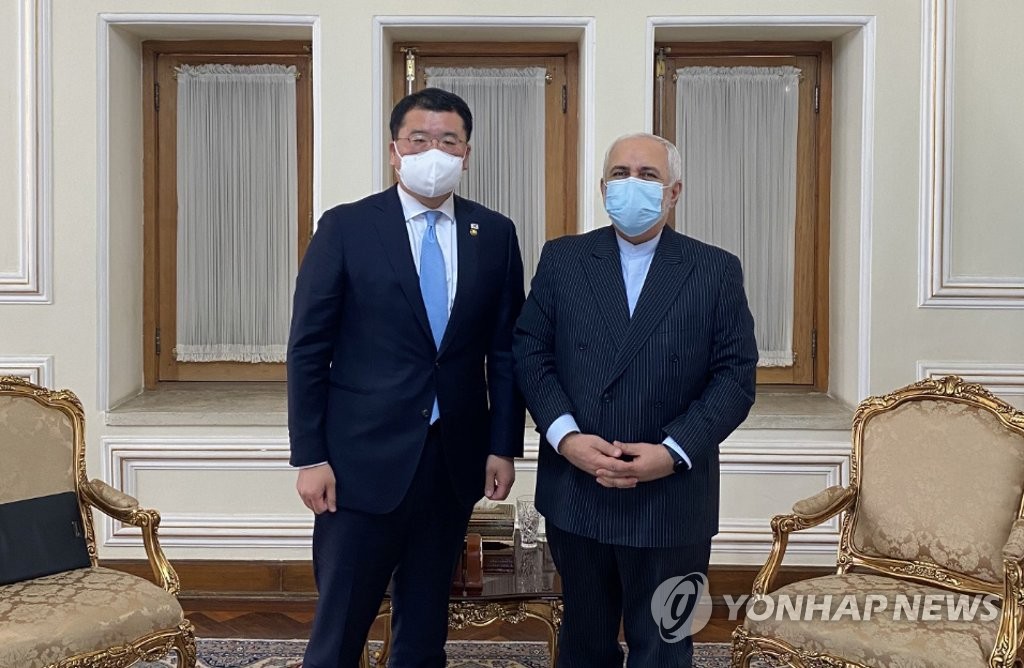Input 2021.01.13 18:01 | Revision 2021.01.13 18:46
Recovery period Treatment group 5.4 days VS placebo group 8.8 days… Over 50 6.6 days VS 13 days
Up to 68% reduction in risk of severe progression… “Remarkably high rate of virus reduction”
“Very good safety proof… very important role in reducing the medical burden”–
–
Celltrion revealed the results of Phase 2 of Rekkirona through the presentation of the Electronic Disclosure System (DART) and the’High1 New Drug Development Symposium’ at an academic conference hosted by the Korean Pharmacopoeia at 6 pm. The presentation was made by Um Joong-sik, a professor of infectious medicine at Gil Hospital, Catholic University.
According to the disclosure and announcement, the recovery period was 5.4 days in the treatment group (204 patients), which was 3.4 days shorter than that in the placebo group (101 patients, 8.8 days). This difference was more pronounced in moderately ill patients with pneumonia or older than 50 years. Among patients with pneumonia, the treatment group was 5.7 days and the placebo group was 10.8 days. Among patients over 50 years old, treatment group and placebo group were 6.6 days and 13 days, respectively. In all patient groups, the treatment group recovered about twice as fast as the placebo group.
The rate of severe progression was also 54% less in the treatment group than in the placebo group. For patients with moderate illness, the effect was reduced by 68%.
Professor Eom explained, “The rate of virus suppression was remarkably high in the treatment group.” The time required for the amount of virus in the body to decrease to 1 in 1500 was 7 days in the treatment group and 10 days in the placebo group.
There were no cases of serious adverse reactions such as death during clinical trials. Prof. Eom said, “There was no statistical difference between the treatment group and the placebo group in terms of safety,” he said. “It proved very good safety.”
Earlier, it was evaluated that it was superior to the antibody treatments that were made by US pharmaceutical companies Lily and Regeneron, respectively, and approved for emergency use in their country. Professor Eom said, “Compared to Lili and Regeneron antibody treatments, we have clinically proven that Rekyrona can be used as a very effective treatment.” The day before, Kwon Ki-seong, head of Celltrion’s R&D Headquarters, said at the National Assembly debate, “(Recyrona’s clinical results) we have confirmed the effects of Lily and Regeneron over antibody treatments. Lily and Regeneron’s antibody treatments are undergoing phase 3 clinical trials and have received emergency approval from their home country.
Professor Eom said, “Because it is a phase 2 result, it is necessary to conduct a phase 3 study on more patients. However, this study alone will greatly reduce the patient’s recovery period, thereby reducing the medical burden.” Evaluated as.
When asked,’I used Rekirona at a high concentration, is it necessary?’ Professor Eom replied, “It is necessary to consider the effect of administering a lower dose than now (40mg per cage).”
The Ministry of Food and Drug Safety is reviewing the conditional permit applied by Celltrion on the 29th of last month. Conditional approval is a system that gives priority to the marketing of medicines only with the results of up to phase 2, subject to phase 3 progress and completion. As the Ministry of Food and Drug Safety has decided to reduce the approval process that previously took 180 days to 40 days, if the efficacy is recognized in Phase 1 and 2, it is expected that Rekkirona will be marketed as early as the end of this month or early next week. In the previous phase 1, the effect of reducing the recovery period of patients by 44% was reported.
Celltrion has produced 100,000 people’s worth at its Songdo production facility in Incheon since September last year so that it can be marketed as soon as the conditional permit is approved. Applications for emergency use approval (EUA) in the US and Europe are also being prepared.
Rekirona is an injection containing antibodies with antiviral efficacy as the main component, and is administered intravenously at a dose of 960 mg for about 90 minutes. When administered to mild and moderate corona19 patients, it is expected to have the effect of killing the virus and preventing its severe progression.
–
– .
![[속보] Celltrion “Corona Antibody Therapy Phase II Recovery Period Shortened by Up to 6 Days” [속보] Celltrion “Corona Antibody Therapy Phase II Recovery Period Shortened by Up to 6 Days”](https://image.chosun.com/sitedata/image/202101/13/2021011302484_0.png)

![[이슈시개]’Jung In, I’m sorry’ the shamans on board… “Do it right” hand [이슈시개]’Jung In, I’m sorry’ the shamans on board… “Do it right” hand](https://file2.nocutnews.co.kr/nocut/news/meta/20210113182748.jpg)